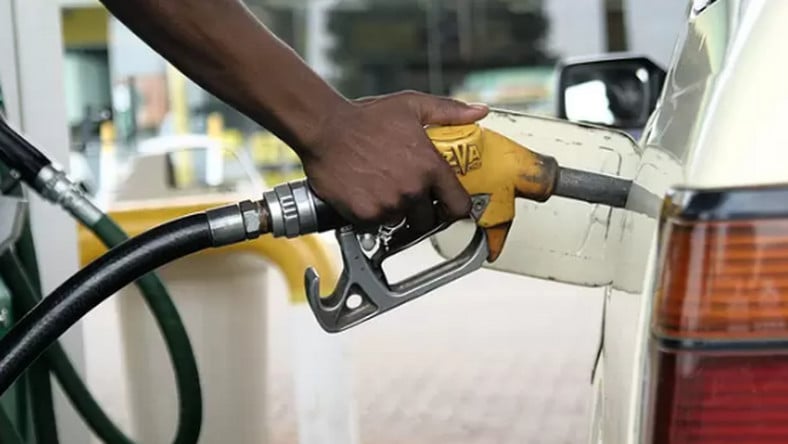The Chamber of Oil Marketing Companies (OMCs) in Ghana has issued a stark warning about an impending fuel shortage, attributing the looming crisis to the confluence of two significant factors: the suspension of the government’s gold-for-oil program and the cessation of refining operations by Sentuo Oil. This convergence of events has created a precarious situation in the fuel market, raising concerns about potential disruptions to supply and the broader economic implications of a fuel deficit. The Chamber’s CEO, Dr. Riverson Oppong, has publicly urged the government to take immediate and decisive action to mitigate the anticipated shortage, emphasizing the urgency of the situation.
The gold-for-oil program, initially implemented as a strategy to stabilize fuel prices and alleviate pressure on foreign exchange reserves by using gold to purchase oil, had reached a peak in its effectiveness. However, the Chamber foresaw the potential downsides of relying heavily on this mechanism, particularly the risk of supply disruptions if the program faltered. Dr. Oppong pointed out that the predictable decline following the peak of the program was anticipated and communicated to the government, but their warnings seemingly went unheeded. The subsequent suspension of the program has removed a significant source of fuel supply, contributing directly to the current market shortfall.
Compounding the challenges posed by the suspension of the gold-for-oil initiative is the operational halt at Sentuo Oil’s refinery. This domestic refining capacity, while not the primary source of fuel, played a vital role in supplementing imports and ensuring a stable supply within the country. The cessation of Sentuo’s processing activities has further constricted the availability of fuel products, exacerbating the emerging shortage. With both the gold-for-oil program and Sentuo Oil’s refinery offline, the market has been left vulnerable to supply disruptions and price volatility.
The impact of these combined factors is most acutely felt in the market for Premium Motor Spirit (PMS), commonly known as petrol. Bulk Distribution Companies (BDCs), which play a crucial role in importing and distributing fuel products, have significantly reduced their import activities. This reduction is directly linked to the availability of fuel through the gold-for-oil program. With that program now suspended, the BDCs are facing challenges in securing adequate supplies through traditional import channels, leading to a decrease in the overall availability of PMS in the market.
The Chamber’s warning underscores the vulnerability of relying on specific programs or single refineries for fuel security. A diversified approach to fuel sourcing, including a robust mix of imports from various sources and investments in domestic refining capacity, is crucial for mitigating risks and ensuring a consistent fuel supply. The current situation highlights the need for a more comprehensive and resilient energy strategy that can withstand unforeseen disruptions in the global or domestic market.
The government’s response to this looming crisis will be critical in determining the severity and duration of the fuel shortage. Swift action to address the supply constraints, whether through reactivating the gold-for-oil program, supporting alternative import mechanisms, or facilitating the resumption of Sentuo Oil’s operations, is essential to avert the predicted fuel shortage and its potential cascading effects on the economy. The situation calls for a collaborative effort between the government and the oil marketing sector to navigate these challenges and secure a stable fuel supply for the nation.














